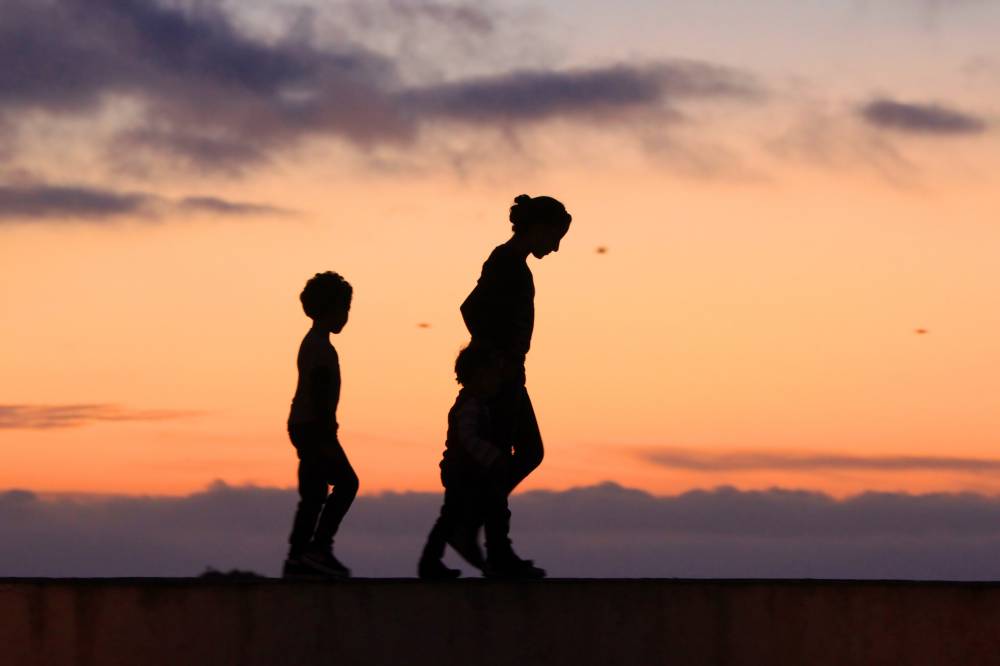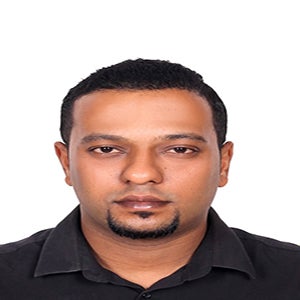Form PSSC for inclusive debate on Citizenship Bill - SERI
SERI stressed the importance of "constructive discussions representing all stakeholders" to prevent discrimination and oppression.

SHAH ALAM - The Social and Economic Research Initiative (SERI) is calling for the formation of a Parliamentary Special Select Committee (PSSC) to examine proposed changes to Malaysia's citizenship law.
SERI argued that the PSSC would ensure all voices were heard, including those of non-governmental organisations (NGOs) advocating for citizenship rights.
In a statement today, SERI stressed the importance of "constructive discussions representing all stakeholders" to prevent discrimination and oppression.
"These views must be taken into account to ensure that there is no oppression and discrimination, considering that debate on the Constitution (Amendment) Bill 2024 will only take place in the next parliamentary session in June," it said in the statement.
While they support the move to grant automatic citizenship to children born overseas to Malaysian mothers, SERI is concerned about potential negative consequences for other groups.
"However, SERI is also concerned about the amendment of other sections of the Citizenship Bill (RUU) over the fate of abandoned children," it said.
It said the amendment to Section 1(a) of Part II of the Second Schedule of the Federal Constitution would result in children of parents without citizenship but who are permanent residents in Malaysia not being granted citizenship automatically.
This proposed amendment will cause more children to be stateless due to the status of their parents who are permanent residents, it added.
Another regressive amendment, said Seri, was the replacement of the term "by operation of law", with citizenship "by registration", which will cause newborn children who are found or abandoned (foundlings) to no longer be entitled to automatic citizenship.
"We are aware of the Home Ministry’s explanation that the amendment of the application continued through the registration process to avoid fraud following many previous cases of document and identity fraud.
"However, following the registration process which is generally known to have to go through a bureaucracy that consumes a long period - raises questions about the guarantee of the applicant obtaining citizenship," SERI said.
Non-citizen status prevents access to education, employment opportunities and health services.
"Imagine the gap that will widen if these opportunities continue to be denied to those who are capable of becoming productive people for the country.
"Specifically in the state of Sabah, the absence of a clear boundary in differentiating between the unqualified and stateless groups raises the question of whether this amendment protects the stateless.
"We are particularly worried that the amendment risks increasing the number of stateless people in Sabah," it added.
Download Sinar Daily application.Click Here!















